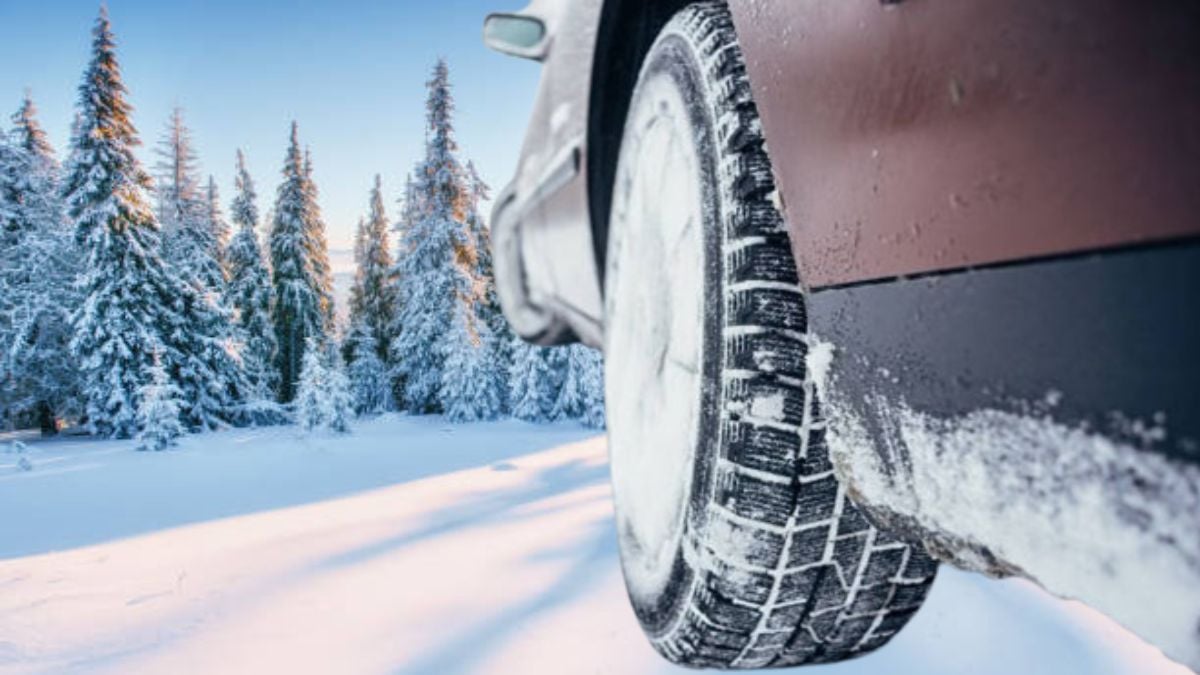
A company specializing in winter tires is conducting a recall of over 541,000 units in the United States because they do not meet the snow traction standards set in North America.
Prinx Chengshan Tire North America has identified more than 100 affected models, including Fortune Tormenta and Prinx Hicountry tires, which have the snowflake and three-peak mountain symbols on their sidewalls.
According to documents submitted to the National Highway Traffic Safety Administration (NHTSA) on Tuesday, the tires passed European tests but are likely to fail the snow traction requirements mandated in North America.
NHTSA warned that inadequate snow traction may increase the risk of accidents. Owners will be notified by mail starting February 1. For additional inquiries, they can contact the company at (310) 205-8355, extension 109.
ALSO READ Who is Sergio Pérez’s replacement at Red Bull? What we know
What does it mean when a tire is recalled?
Product recalls are processes aimed at correcting or removing defective products that may pose a safety risk, such as faulty tires.
Regardless of how a tire recall is initiated, the main goals remain the same:
- Ensure public safety.
- Maintain vehicle safety as much as possible.
- Prevent unsafe or defective tires from causing further injuries or fatalities.
How do I know if my tires are recalled?
In the United States, all tires sold come with a Tire Identification Number (TIN) that can be found on the tire’s sidewall, right after the letters “DOT.” You can check if a tire is under recall by entering the TIN on the official website: https://recallinfo.ustires.org/.
How safe are all-season tires in winter?
All-season tires offer a high level of safety and performance in moderate climates. However, choosing between winter tires and all-season tires depends on several factors.
One of the most important is the temperature in your area. If the weather is very cold and temperatures tend to drop significantly, winter tires are the safest option, as they provide better traction. On the other hand, if temperatures are not as low, all-season tires may be sufficient.
Additionally, if you use your vehicle infrequently or primarily for short trips, changing tires twice a year may not be practical in terms of cost, time, and effort.
How many years do winter tires last?
On average, winter tires should last 4 to 6 seasons, regardless of the conditions or circumstances.
How do you know if winter tires are bad?
A common recommendation is to check the tread depth. If it reaches or falls below 5/32 of an inch, it’s likely time to replace the winter tires.
How often should I replace my winter tire?
In general, tires have a lifespan of 6 to 10 years, so it is recommended to consider replacing those that are over six years old. To determine the age of your tires, you can check the date code printed on the sidewall.
Are my tires actually low or is it just cold?
Tire pressure can drop by about 1 PSI (pound per square inch) for every 10 degrees the temperature decreases. This is not due to air leakage but to the condensation of air inside the tire, which reduces the volume it occupies.
What was the biggest tire recall?
In 1978, Firestone conducted the largest tire recall in history, removing 14.5 million units because excessive adhesive use to bond rubber and steel caused 500 cases of tread separation and blowouts. The company was fined $500,000 for concealing safety issues.









